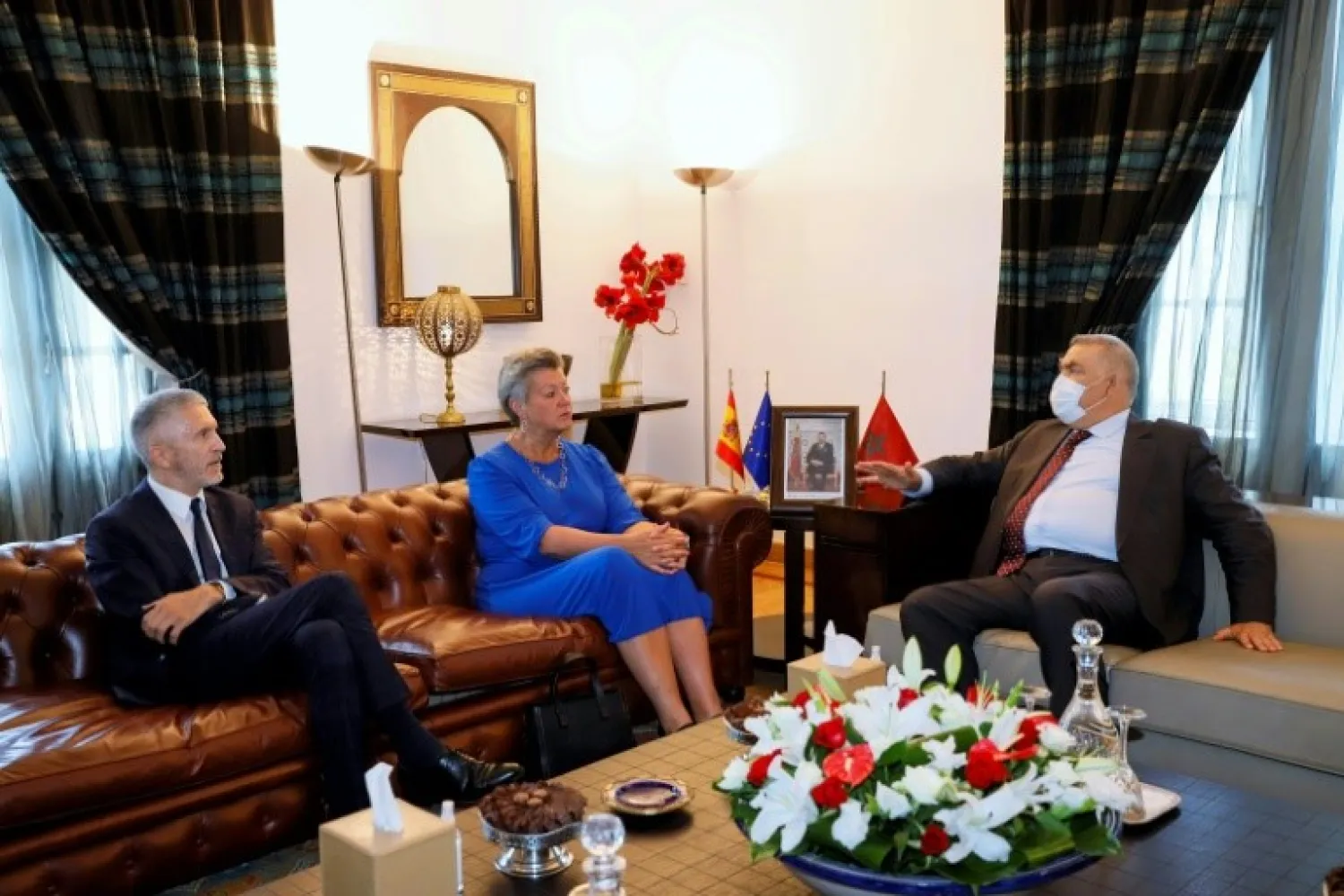European Union Home Affairs Commissioner Ylva Johansson and Spain’s Home Affairs Minister Fernando Grande-Marlaska held talks with Morocco’s Interior Minister Abdelouafi Laftit in Rabat on Friday.
They highlighted the solid results of their cooperation based on shared responsibility in matters of migration.
As part of the regular political dialogue between the kingdom and the EU, they agreed to “renew their partnership in order to work together to tackle human smuggling networks, in particular following the emergence of new, extremely violent, methods adopted by such criminal networks,” a joint statement read.
The Commissioner and the two ministers regretted “every death of people attempting unlawful entry, including those that occurred during the recent distressing events on June 24.”
They also regretted the injuries, including to members of the Moroccan and Spanish border forces.
“These events put traditional methods of combatting human smuggling under strain,” the statement said.
Besides the human tragedy, they showed how very dangerous and violent human smuggling networks were, and the extent to which they were prepared to take any risk.
Investigations were under way to clarify the circumstances surrounding these events.
At the same time, they welcomed the fact-finding commission set up by the Moroccan National Human Rights Council, noting that the protection of fundamental rights is a value shared by Morocco and the EU.
The statement stressed that Rabat is a strategic and committed partner of the EU, with which the EU has been cooperating on migration issues for a many years.
It pointed out that the National Immigration and Asylum Strategy (SNIA) is one of the most well-developed migration management systems, in both legislative and institutional terms, and has enabled the legalization of the administrative status of thousands of migrants, and their integration into Moroccan society.
Morocco was also one of the founding States of the Rabat process, the statement added, noting that King Mohammed VI was appointed leader for Africa on the issue of migration by African heads of states.
“Morocco's practical efforts have resulted in H1 2022 in preventing more than 26,000 irregular departures – one tenth of them saved at sea. In the same period, Morocco has dismantled around a hundred criminal trafficking networks.”
It pointed out that in connection with the New Pact on Migration and Asylum, the Commission is establishing migration partnerships with the countries of origin, transit and destination to combat human smuggling networks, address the root causes of migration and improve legal migration routes so that people do not feel the need to risk their lives on dangerous journeys.









